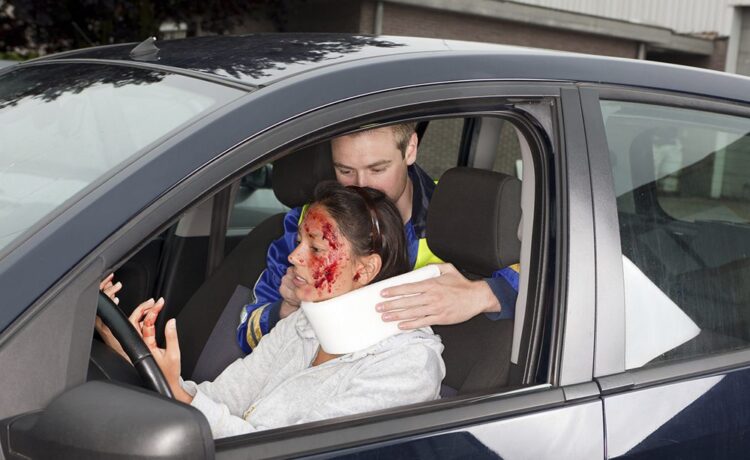After being in a car accident, you first need to check yourself and anyone else in your vehicle for injuries. If you are the driver or a passenger, you should call 911 for medical attention. A police officer will be dispatched to the scene and will take pictures of the scene and interview everyone involved. Try to limit your conversation with the other driver, but do not admit fault or apologize. Visit Hassett & George, P.C. for more information regarding this matter.
Common car accident injuries
Some of the common car accident injuries that can be sustained are whiplash, neck and back pain, headaches, migraines, and soft tissue injuries. Other common injuries include broken bones and lacerations. Listed below are the most common injuries suffered by individuals in car accidents. In some cases, the injury may be life-threatening. Contact your doctor if you have any questions about the type of injury you sustained. You may be unaware that you have suffered an injury if you are not experiencing any pain.
Crush injuries occur when the vehicle’s weight hits a part of the body. The resulting force can cause damage to bone, tendons, ligaments, and skin. These types of injuries commonly occur in roll-over accidents. Crush injuries are most common in the hands and wrists. Fractures are non-life-threatening, but they are very painful. They often require surgery and may cause scarring and impaired functioning.
Symptoms
Several signs and symptoms may occur immediately following a car accident. If you have experienced a head or neck injury, your symptoms may result from internal organ damage. Seek medical attention if you experience persistent pain or nausea. A car accident can also damage the muscles, tendons, ligaments, and nerves in your neck and shoulders. If you experience pain or stiffness in these areas, you may have suffered whiplash or a rotator cuff injury.
Symptoms of injuries in a car crash may also include nausea and vomiting, as well as abdominal bruising. These symptoms could be the result of bleeding or damaged organs. In addition, the traumatic impact of a car accident can stretch and cause injuries to the soft tissue, including the muscles, tendons, ligaments, and airbags. In some cases, you may even suffer from bursitis, an inflammation of a fluid-filled sac in the body.
Treatment
A variety of treatments are required to treat injuries from a car accident. Many victims require physical therapy, medical equipment, and medications. Some may need surgery and hospitalization. Others may require braces, boots, and other forms of physical therapy. In some cases, you will need continuing care and rehabilitation for months or even years. The treatment you need depends on your specific injuries and situation. To learn more about your options, read on.
Even if your injuries are minor, you should go to the ER for treatment. Depending on the severity of the accident, you may need immediate treatment. If the accident was your fault, you might need medical attention for any injuries. The emergency response team will likely suggest an ambulance ride to the hospital. You should also visit a doctor if you feel pain after the accident. Some minor injuries may turn into more serious problems later.
Documentation
A post-accident journal template can be used to document pain and suffering, reduced daily abilities, and other ways that the accident affected your life. Likewise, medical reports must prove the true extent of your injuries and medical obligations. Such records will include the full list of doctors, tests, examinations, and medicines you received. You can also keep copies of your bills for future reference. Having these documents is essential for establishing your claim.
In addition to keeping detailed records of the injuries, it is essential to preserve any medical expenses. Save receipts for doctors’ fees and other medical expenses, as well as copies of gas receipts. Detailed documentation of your injuries will help you receive full compensation. In addition, if you need to undergo further medical examinations, such as an MRI or CT scan, make sure to keep copies of all your medical bills. These documents will provide evidence that you have sustained a severe injury.





